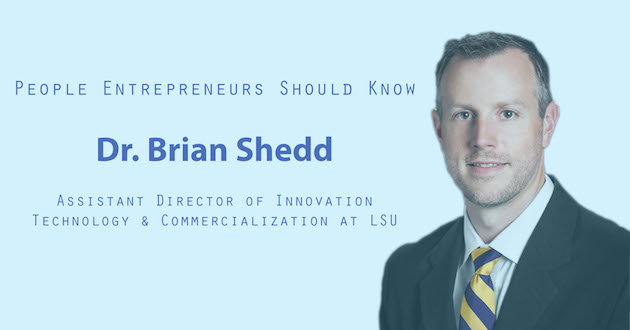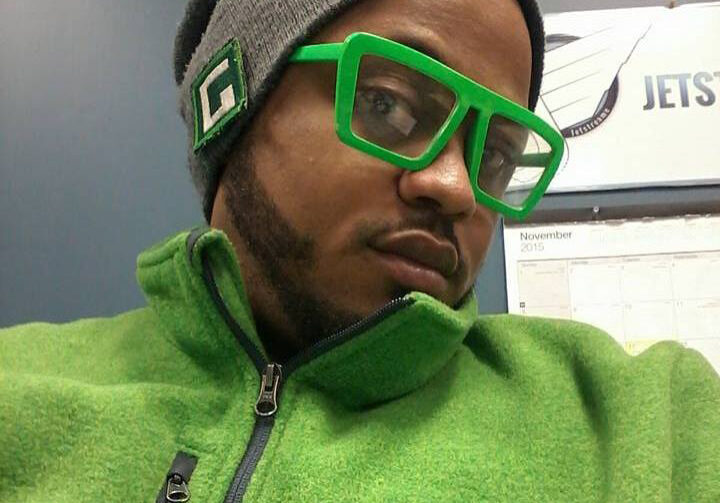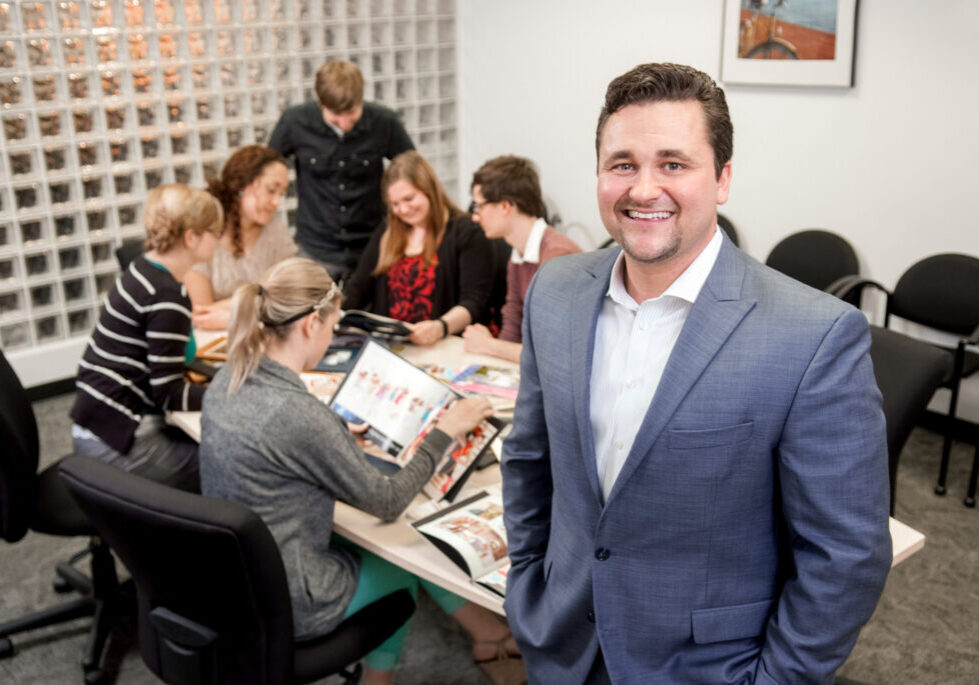This all-too-common scenario costs the United States billions annually, and lack of effective customer development remains one of the primary reasons start-ups fail. One person trying to change this is Dr. Brian Shedd, Assistant Director of the Office of Innovation & Technology Commercialization at LSU. Brian and his team help bring all sorts of university-born innovations to market.
Why should you know Dr. Brian Shedd?
Aside from being a seasoned business person with lots of connections, Brian is one of the best guys around to help you figure out how to successfully anticipate how the market will react to your product. Plus, he can get you into a program called I-Corps that uses a customer discovery system based on the models of science and logic. Our favorite part of I-Corps, however, is that they actually give you money to do your own customer discovery effectively and with lots of guidance.
You can contact Brian through the Office of Innovation & Technology Commercialization. Here’s the conversation we had with him.
Tech Park Question: What is the main barrier to success for start-ups?
Dr. Brian Shedd: There are many barriers, such as finding talent or money, but the main problem is that companies don’t find customers or don’t find them fast enough. I work with start-ups early in the lifecycle; many fail before they even start.
Tech Park Question: How does customer development impact a start-ups bottom line?
Dr. Brian Shedd: This where I-Corps plays an important role. The LSU Office of Innovation and Technology Commercialization deals with lots of new products, often with little historical marketing data to draw on. The I-Corps program promotes discovery early in the process: If your customer discovery moves you toward a specific solution, you can use that information to guide your research and product development.
The advantages are that you can discover what customers want before you do the majority of the planning. What happens often is that people realize that if they continue on their current path, they’ll end up with a product no one wants.
Tech Park Question: What are three ways aspiring entrepreneurs can improve their customer discovery process?
Dr. Brian Shedd: I-Corps has a very rigid methodology to doing this. The whole program was developed as a way to teach scientists to be entrepreneurs. The way I-Corps works is: 1) Look at value proposition, asking, “Why is this product valuable?” – keep in mind this is a hypothesis, 2) Identify your customer segments by asking “Which people will find your product useful?” 3) Align the value proposition to the customer segment and as you talk to customers, either validate or invalidate your hypothesis. Then just iterate.
Tech Park Question: Why is mentorship is important during the customer discovery process?
Dr. Brian Shedd: For customer discovery, we require a business mentor to be present. For first-time entrepreneurs, the idea of taking customer reviews is foreign to them. The business mentor is there to answer questions like: how to talk to customers, how to cold call, how to manage discussions. They also teach soft skills. For example, if the business mentor has experience with technology, that might also be a good way to make inroads and connections.
Tech Park Question: Is customer discovery something people should invest money in? If so, how?
Dr. Brian Shedd: To be successful, I think you have to invest a little money. But to get started, it doesn’t cost you a lot. For example, once you ID your marketing segments, you can do the rest on LinkedIn. Then, go find people you can talk to. But for the money you spend, a majority should go to travel. Getting face-to-face with your customer is important, since you can read body language. For instance, a trade show is a great way to catch a lot of people at once.




